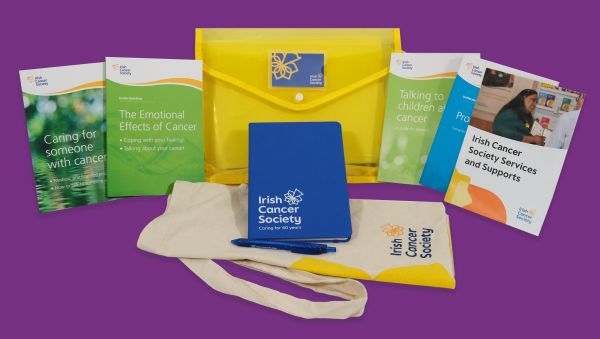Acute lymphoblastic leukaemia (ALL)
Treatment
What is the aim of treatment for ALL?
The aim of treatment is to put your ALL into remission.
Remission is when your bone marrow is producing blood cells normally and you have fewer than 5% of the immature leukaemia cells (blasts) in your bone marrow. Your red blood cell, white blood cell and platelet counts have returned to normal levels or close to normal levels and there are no signs or symptoms of the disease.
Because ALL is a fast-growing cancer, treatment will start very soon after you have been diagnosed.
Types of treatment for ALL
Chemotherapy uses drugs to kill cancer cells. Chemotherapy is the main treatment for ALL. For people who are medically fit and under 60 years of age, usually intensive chemotherapy is given, to try to destroy all the leukaemia cells.
Read more about chemotherapy for ALL.
These are drugs that can help some cancer drugs to work better. They are often used with chemotherapy or you may be given steroids straight away while waiting for chemotherapy to start. You may be given steroids throughout your treatment.
Read more about steroids.
These are drugs that can stop cancer growing or spreading by targeting specific proteins and gene mutations that help the cancer to grow, such as the Philadelphia chromosome.
Read more about targeted therapies for leukaemia.
Immunotherapy helps your immune system to work better to fight cancer cells. New treatments are being developed all the time. For example, a type of immunotherapy called CAR T-cell therapy may now be an option in some cases.
Read more about immunotherapy.
This is where all the blood cells in your bone marrow are destroyed and replaced with healthy stem cells. These stem cells should grow into healthy blood cells. Your doctor may recommend a transplant:
- As a first treatment for high-risk leukaemia.
- If your leukaemia returns after treatment (recurrence).
Stem cell transplants may not be suitable for everyone - they are an intense treatment with a lot of side-effects. Your suitability depends on a number of things such as your age, general health, if a donor is available and your type of leukaemia.
Read more about stem cell transplants.
When you start treatment, you may need to spend a few weeks in hospital.
Will I get side-effects?
The type of side-effects you get will depend on the type of treatment you have, the dose, the duration and your own general health. We have information on ways to cope with different side-effects and symptoms.
Continue reading about acute lymphoblastic leukaemia (ALL)




Get help & support

Support Line
Free support pack

